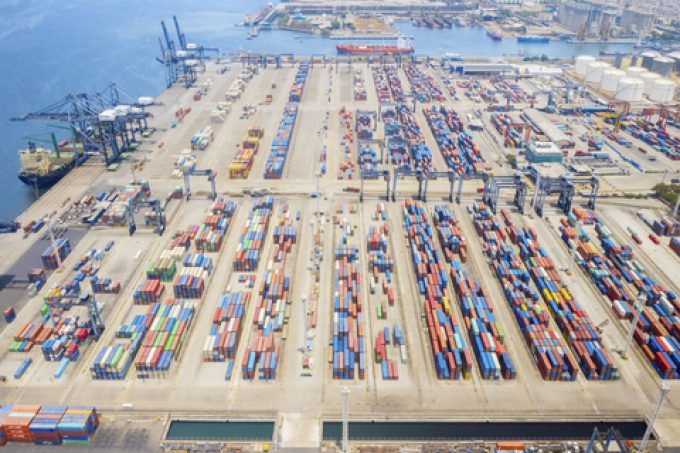Gloomy picture of next few years at container ports as volumes recover slowly
Container ports “will take years” to recover from the coronavirus pandemic, but accelerating trade regionalisation ...

On 1 October, four Indonesian state-owned port operators, Pelindo I, II, III and IV, will merge to form the world’s eighth-largest container terminal operator.
Pelindo I operates 19 ports in the provinces of Aceh, North Sumatra, Riau, and Riau Islands.
Pelindo II, also known as Indonesia Port Corporation ...

Comment on this article